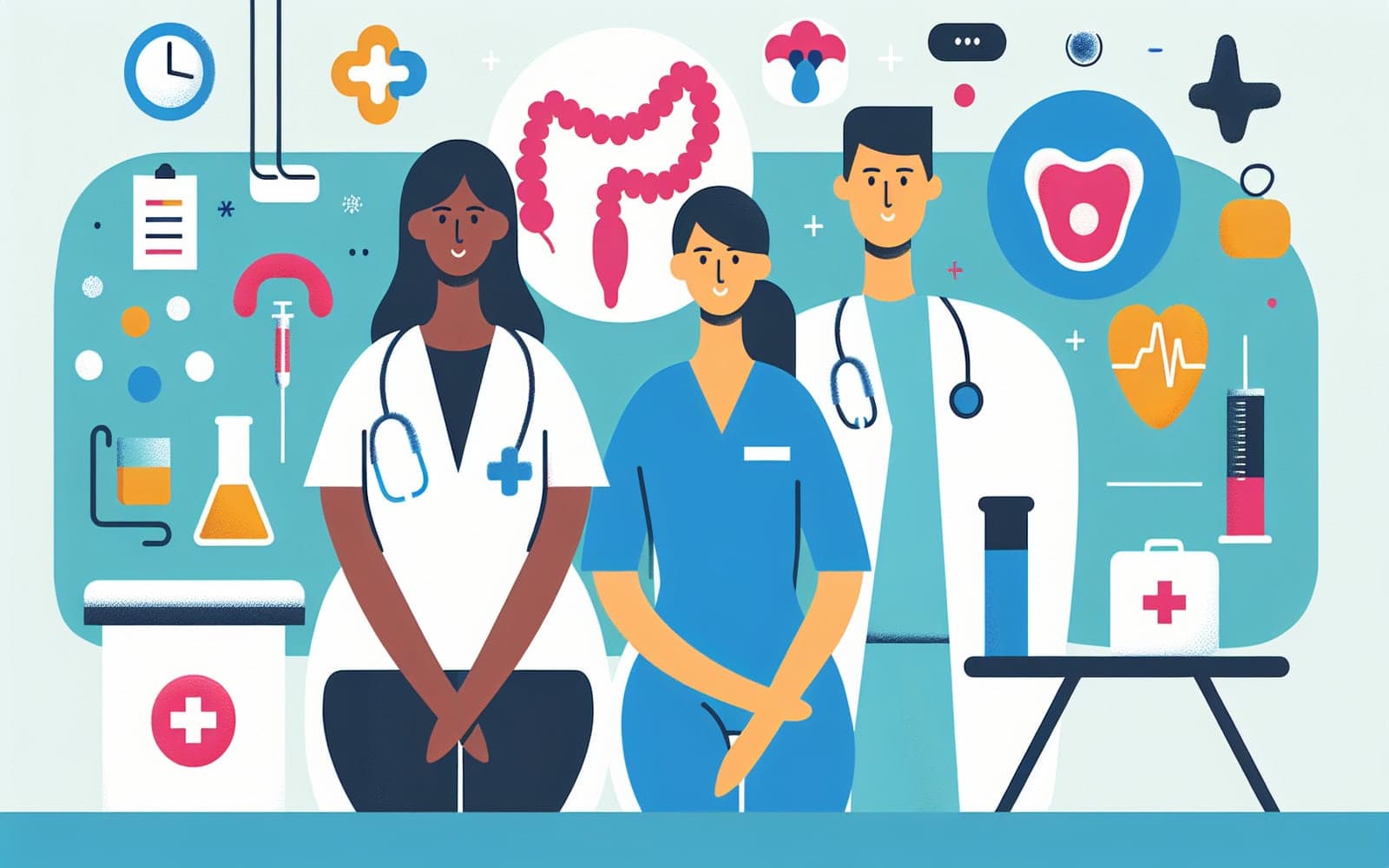What Is Acute Colonic Diverticulitis and How Is It Managed?
Published: Apr 07, 2024

Medically reviewed by Jerome Albert Ecker | MD, Assistant Professor of Medicine, Duke University - Durham, NC on April 7th, 2024.
Acute colonic diverticulitis is a common digestive condition that can cause serious complications. This article explores what it is and how it's managed in hospitals.
Contents
Understanding Diverticulitis
Diverticulitis occurs when small pouches in the colon become inflamed or infected, leading to abdominal pain and other symptoms. It's a major reason for hospital visits and can be classified as either uncomplicated or complicated based on the severity of symptoms and presence of complications like abscesses or perforations.
Inpatient Treatment
In hospitals, patients with diverticulitis receive treatment based on whether their condition is uncomplicated or complicated. Treatment often includes intravenous antibiotics, fluids, and pain relief. Those with complications may need additional procedures, such as drainage of abscesses or surgery.

Criteria for Hospital Admission
Patients with complicated diverticulitis or severe symptoms like sepsis or uncontrolled pain are usually admitted to the hospital. Age, significant health conditions, and the inability to tolerate oral intake are other reasons for inpatient care.
Frequently Asked Questions
Diverticulitis is caused by the inflammation or infection of small pouches in the colon.
Uncomplicated diverticulitis is often treated with antibiotics and rest.
Surgery is needed if there are severe complications like perforations or fistulas.
Not always; mild cases may be managed at home.
Key Takeaways
Understanding the severity of diverticulitis is crucial for effective management and prevention of complications.
Get started by discussing your symptoms with Doctronic, our AI doctor, to understand your treatment options.Related Articles
References
Everhart JE, Ruhl CE. Burden of digestive diseases in the United States part II: lower gastrointestinal diseases. Gastroenterology 2009; 136:741.
Peery AF, Dellon ES, Lund J, et al. Burden of gastrointestinal disease in the United States: 2012 update. Gastroenterology 2012; 143:1179.
This article has been reviewed for accuracy by one of the licensed medical doctors working for Doctronic. Always discuss health information with your healthcare provider.

